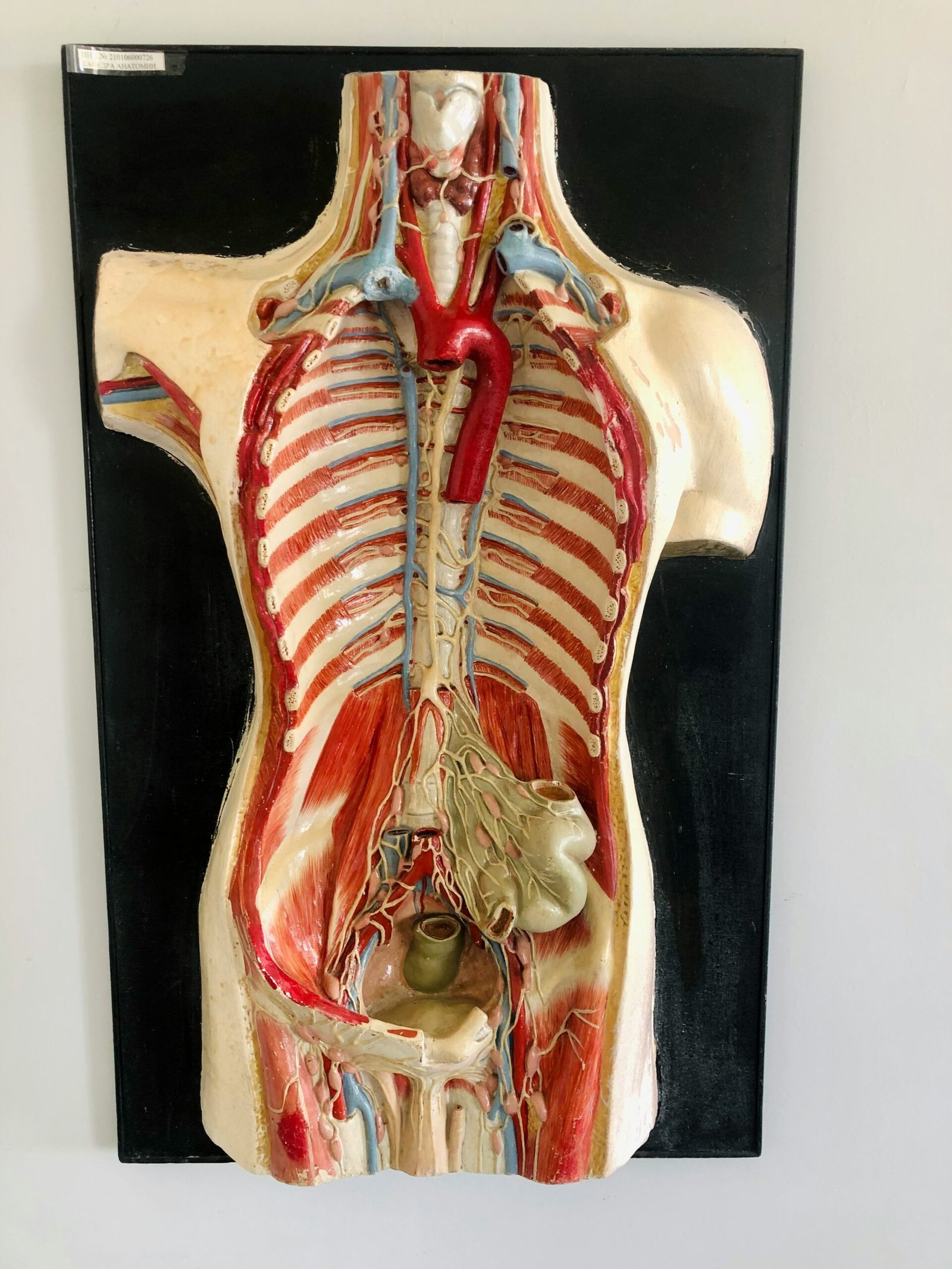Understanding Stress in the Workplace
In today’s fast-paced work environment, stress has become a common challenge for many professionals. Understanding the sources of stress, whether it’s tight deadlines, heavy workloads, or interpersonal conflicts, is the first step toward managing it effectively.
Practical Stress Management Techniques
Implementing practical stress management strategies can significantly improve your well-being and productivity. Here are some effective techniques:
- Time Management: Prioritize tasks, set realistic goals, and break larger projects into manageable steps to avoid last-minute rushes.
- Mindfulness and Relaxation: Incorporate mindfulness practices into your daily routine. Techniques such as deep breathing, meditation, and yoga can help calm your mind and reduce stress.
- Physical Activity: Regular exercise is a proven way to alleviate stress. Even a short walk during lunch breaks can refresh your mind and body.
- Healthy Lifestyle: Maintain a balanced diet, get adequate sleep, and avoid excessive caffeine or alcohol to keep your stress levels in check.
Creating a Supportive Work Environment
A supportive work environment is crucial for managing stress. Encourage open communication with colleagues and supervisors about your stressors and seek support when needed. Building a positive work culture can foster collaboration, reduce misunderstandings, and enhance overall job satisfaction.
The Importance of Work-Life Balance
Maintaining a healthy work-life balance is vital for stress management. Ensure that you allocate time for personal interests, hobbies, and relaxation. Taking regular breaks and setting boundaries between work and personal life can prevent burnout and help you stay energized and focused.



